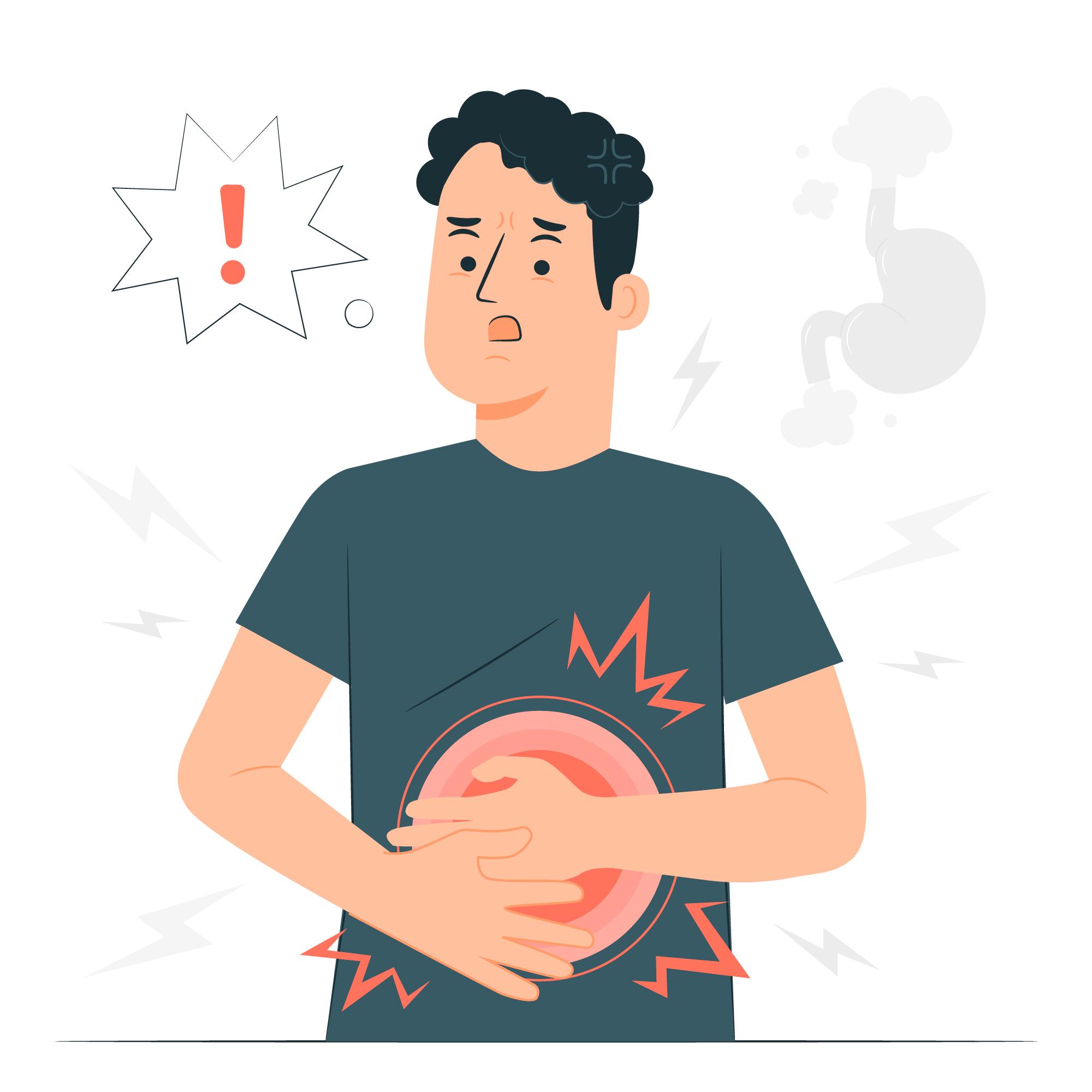
Abdominal Pain in India: Causes, Symptoms, and Treatments
Introduction:
Abdominal pain is a common symptom that can be caused by a variety of factors. It can be mild or severe, and it can be short-lived or long-term. In India, abdominal pain is one of the most common reasons for people to see a doctor.
Symptoms of Abdominal Pain:
The symptoms of abdominal pain can vary depending on the underlying cause. However, some common symptoms include:
- Pain: The pain can be sharp, dull, or aching.
- Swelling: The abdomen may be swollen.
- Nausea: The person may feel nauseous.
- Vomiting: The person may vomit.
- Diarrhea: The person may have diarrhea.
- Constipation: The person may have constipation.
- Loss of appetite: The person may lose their appetite.
Causes of Abdominal Pain:
The causes of abdominal pain can vary from person to person. However, some common causes of abdominal pain in India include:
- Indigestion: Indigestion is a common cause of abdominal pain. It is caused by the stomach not being able to digest food properly.
- Gas: Gas is another common cause of abdominal pain. It is caused by the buildup of gas in the stomach or intestines.
- Food poisoning: Food poisoning is caused by eating food that is contaminated with bacteria or viruses. It can cause abdominal pain, nausea, vomiting, and diarrhea.
- Appendicitis: Appendicitis is a medical emergency that requires surgery. It is caused by an inflammation of the appendix, a small, finger-shaped organ that projects from the colon.
- Gallstones: Gallstones are hard deposits that form in the gallbladder. They can cause abdominal pain, nausea, and vomiting.
- Inflammatory bowel disease: Inflammatory bowel disease (IBD) is a chronic condition that causes inflammation of the digestive tract. It can cause abdominal pain, diarrhea, and weight loss.
- Cancer: Cancer can cause abdominal pain, but it is a less common cause than other conditions.
Diagnosis of Abdominal Pain:
The diagnosis of abdominal pain is based on the patient’s symptoms, medical history, and a physical examination. The doctor may also order tests, such as blood tests, imaging tests, or endoscopy, to help diagnose the underlying cause of the pain.
Treatment for Abdominal Pain:
The treatment for abdominal pain depends on the underlying cause. However, some common treatments for abdominal pain include:
- Over-the-counter pain medication: Over-the-counter pain medication, such as ibuprofen or acetaminophen, can help to relieve pain.
- Antibiotics: Antibiotics may be prescribed if the pain is caused by an infection.
- Surgery: Surgery may be necessary in some cases, such as appendicitis or cancer.
Prevention of Abdominal Pain:
There are some things you can do to help prevent abdominal pain, such as:
- Eating a healthy diet: Eating a healthy diet can help to keep your digestive system healthy and prevent abdominal pain.
- Avoiding foods that you know cause you pain: If you know that certain foods cause you abdominal pain, avoid eating them.
- Managing stress: Stress can contribute to abdominal pain, so it is important to manage stress in your life.
- Getting enough sleep: Getting enough sleep is important for overall health, including digestive health.
Conclusion:
Abdominal pain is a common symptom that can be caused by a variety of factors. It is important to see a doctor if you are experiencing abdominal pain so that the underlying cause can be diagnosed and treated.


